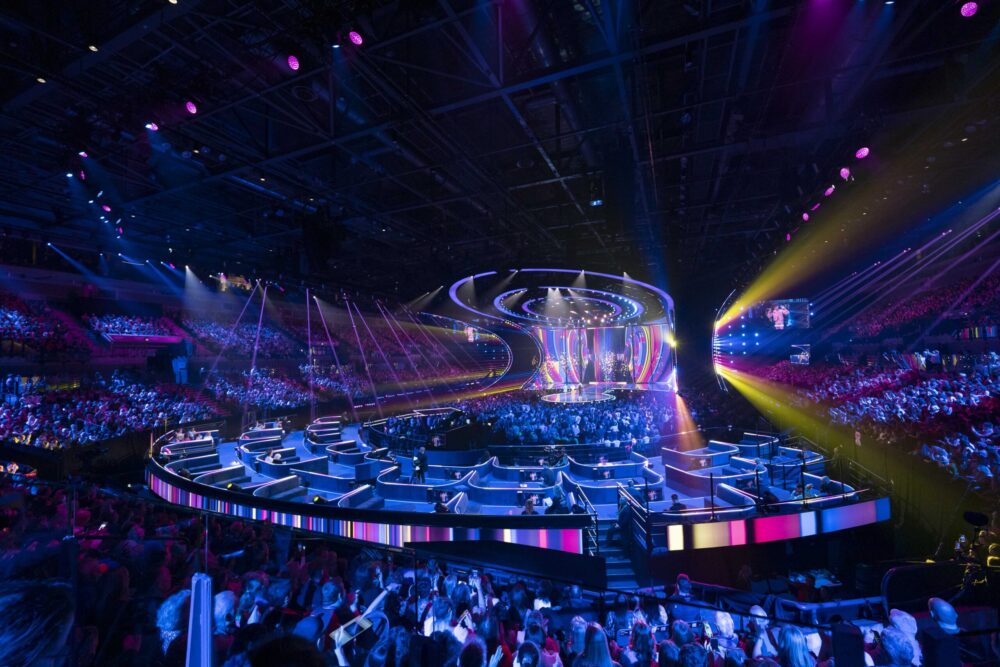
Eurovision
Eurovision: Liverpool’s legacy redefines the European Song Contest
2 years ago
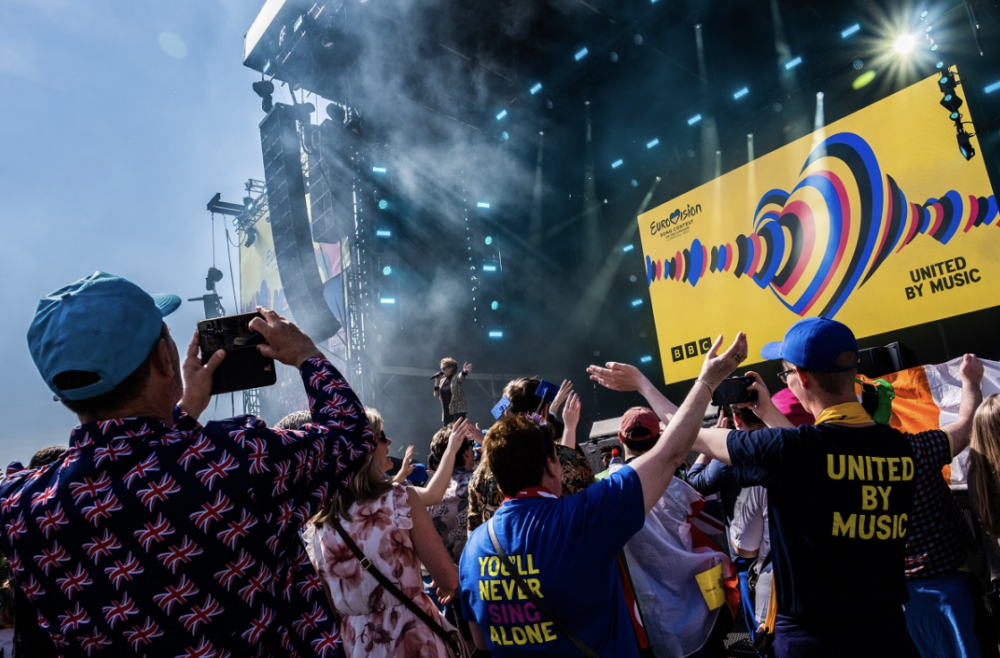
Ground-breaking research has been carried out to understand the power and impact on global cultural relations that the UK and Liverpool had when hosting the Eurovision Song Contest 2023.
Commissioned by the British Council, in partnership with Liverpool City Council and the Department for Culture, Media and Sport, the report uses extensive research, case studies and an international survey to explore whether Eurovision resulted in encouraging future visits, new business opportunities and reputational uplifts for both Liverpool and the UK.
In considering Liverpool’s approach to hosting the competition on behalf of Ukraine, the report says:
“Liverpool’s vision for achieving positive impact from the opportunity, has redefined the event’s politics of place in ways that can inspire future hosts.”
It recognises that what Liverpool staged was much more than an arena show and has laid the foundation for future hosts in how to communicate key narratives to a huge international audience.
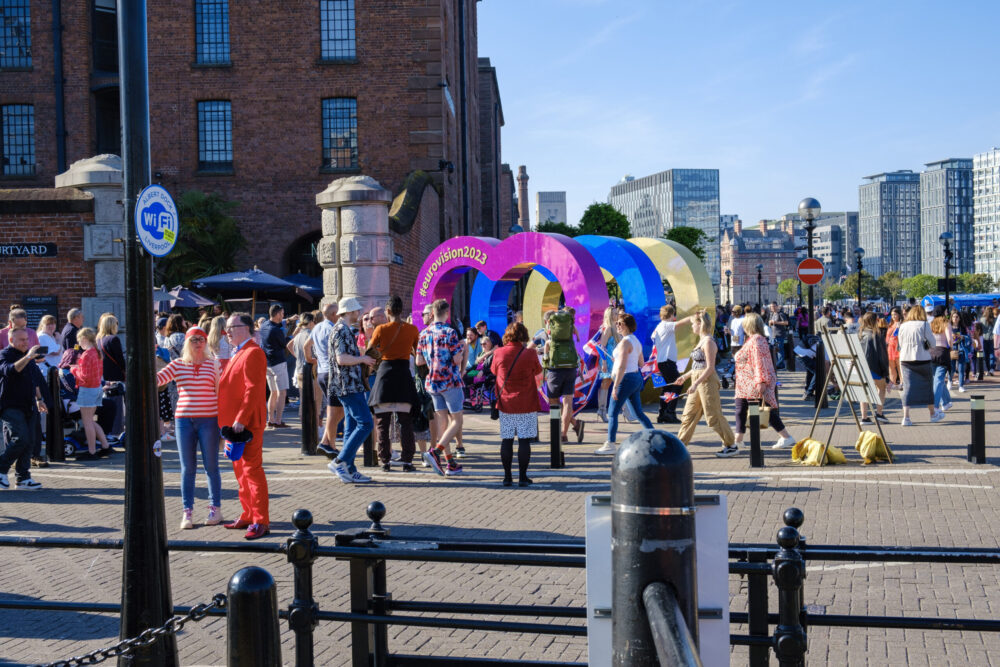
As a result of the extensive host city programme curated and delivered by Liverpool City Council and its partners, combined with the high-end output of the BBC and the support of UK Government, it is acknowledged that Eurovision 2023 boosted Liverpool’s reputation as a city of music, a place with expertise of delivering immersive cultural events with strong community participation, and a leader in event evaluation.
The report praises the EuroFestival programme – a first for a host city – which saw 24 brand new artistic commissions, 19 of which were by Ukrainian artists, take over the city as part of the celebrations. It is noted that this approach forged new, creative partnerships with Ukraine and was a powerful way to showcase Ukrainian culture to diverse audiences. The City Council’s partnership with the Ukrainian Institute and the British Council in the planning and delivery of this programme resulted in meaningful and tangible cultural relations.
The city-wide embrace of all things Eurovision was a key factor in how Liverpool was positively received. Local businesses and residents flying Eurovision, Ukraine and Pride flags reiterated the inclusivity and symbolised the nature of the event. This was seen as Liverpool successfully expressing its values of being a warm, welcoming and friendly city.
The limited timescales to deliver one of the biggest music events in the world is also spotlighted in the report, with praise given for going far beyond the basic pre-requisite of staging Eurovision, and instead delivering an ambitious, welcoming programme in half the time that would usually be allocated.
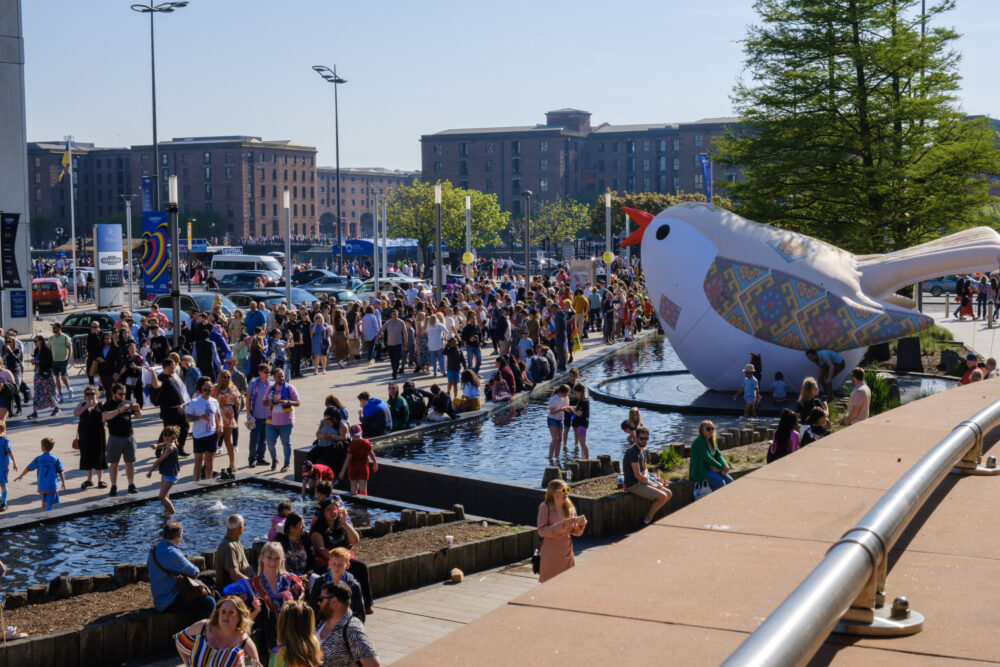
In a quote from a Spirit of 2012 representative:
“I’m not sure it would be possible within the timeframe to have given it to a city that didn’t have that kind of overall sense of events.”
When analysing where Eurovision 2023 inspired visitors, a survey was carried out with more than 5,000 people from countries including Estonia, France, Poland, Spain and Romania. A third of those who responded said they were now more likely to visit the UK and Liverpool.
Future host cities are encouraged to adopt a similar approach to Liverpool’s evaluation methodology – again, the process was a first and highlighted that Eurovision 2023 generated £54million for the Liverpool City Region and welcomed 473,000 visitors. Liverpool has now set an example of what to assess and how to do it and it should be used as a blueprint for Malmö and other future host cities.
And it wasn’t just Liverpool that felt the benefit. The BBC also noticed increased reputational uplift for itself on the wider Liverpool City Region and the north of England after producing Eurovision, and a senior interviewee felt that the event had been “a unifying point across the political divide’, with cross-party support for solidarity with Ukraine and for the BBC.
In summing up how Liverpool could now be perceived internationally, the report says that hosting Eurovision has meant that the city isn’t just recognised for its association with The Beatles – it is now a leader when it comes to hosting large-scale events and is somewhere that responds ambitiously and creatively to events.
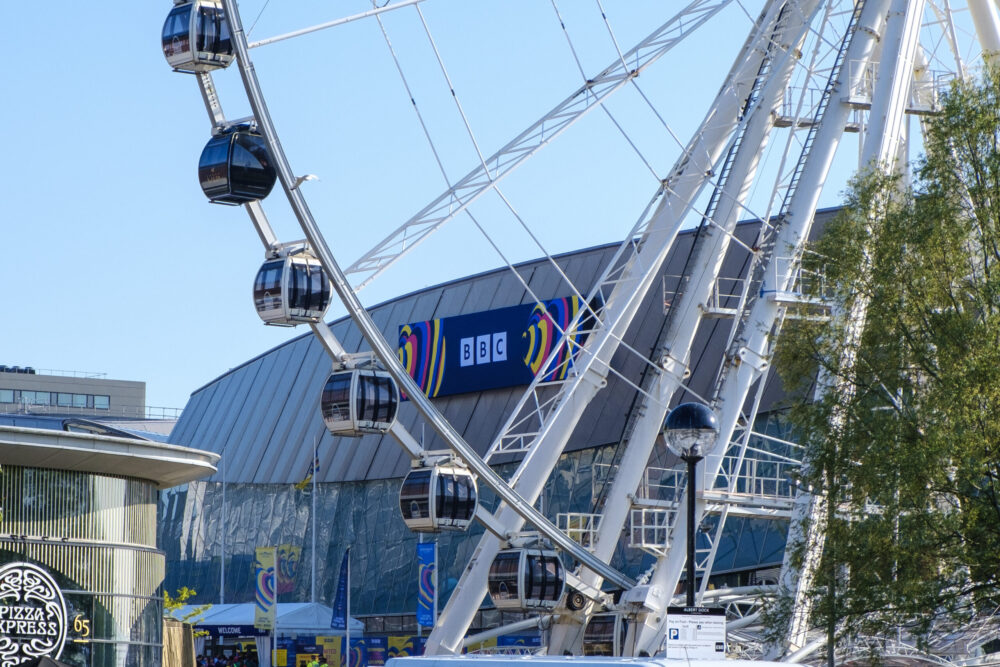
Leader of Liverpool City Council, Councillor Liam Robinson, said:
“This for me is the most important piece of research to come out of Eurovision – we always knew there would be a massive economic boost which comes with staging an event of this scale, but the cultural diplomacy was an unknown.
“In a post-Brexit and post-Covid climate, we recognised the need to supersize the Liverpool brand on a global stage and we achieved just that. There will be real legacy from this event with new visitors, new investment and strengthened diplomatic ties.
“I’d like to thank the British Council for leading on this vital research which will inform our international strategy, put Liverpool in the spotlight with central government in positioning the city internationally and reinforces the importance of exploring international relationships at every level
“The key handover in Malmö continues this narrative, and it’s only right that Liverpool’s approach to Eurovision is now considered the blueprint for future host cities – for them to adopt and adapt so that they can tell their own story.”


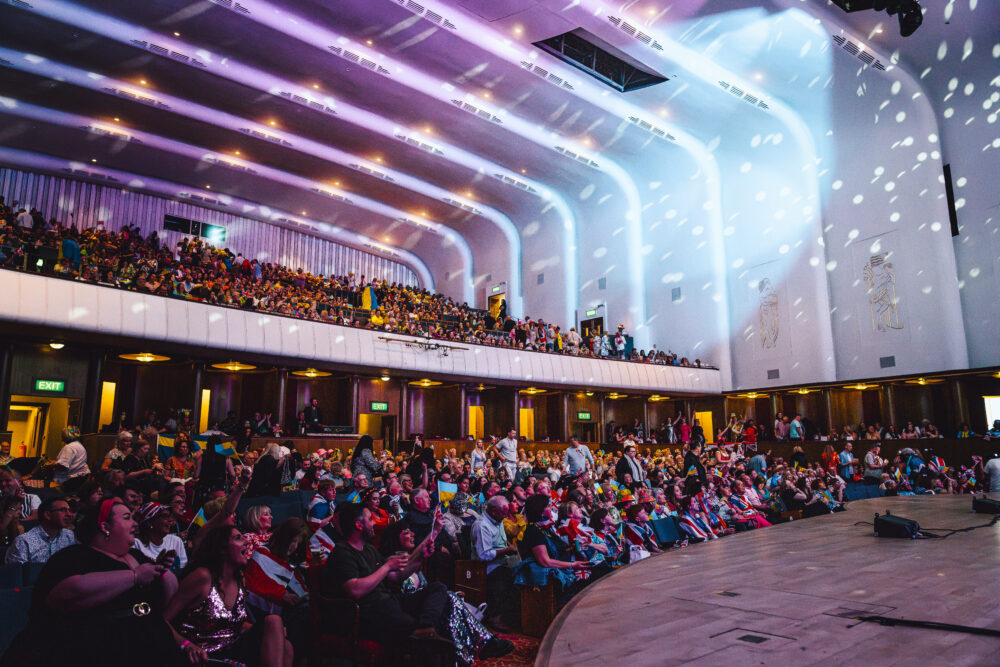

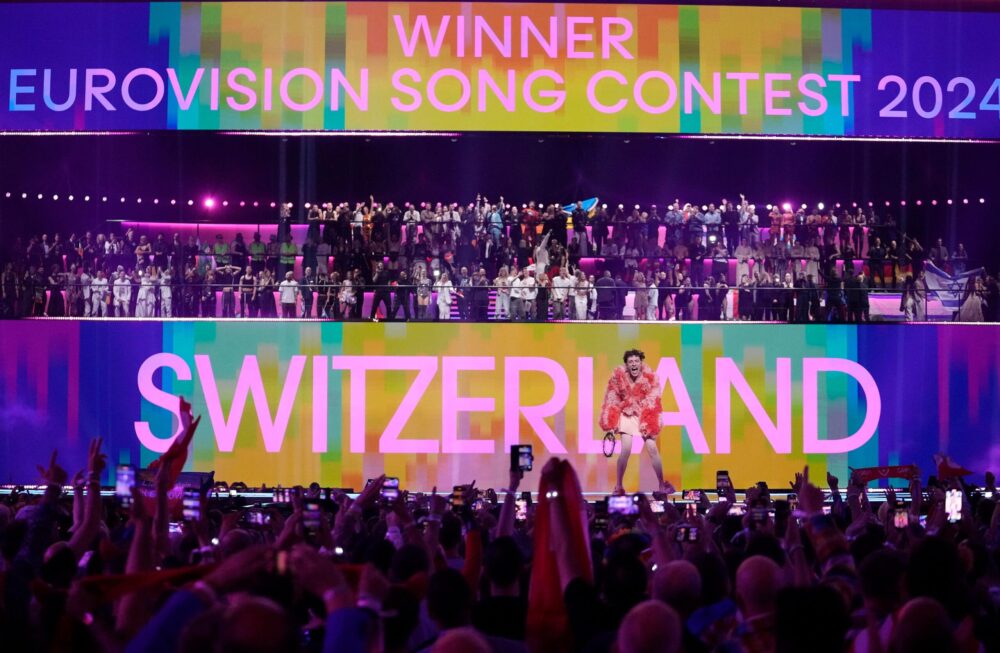
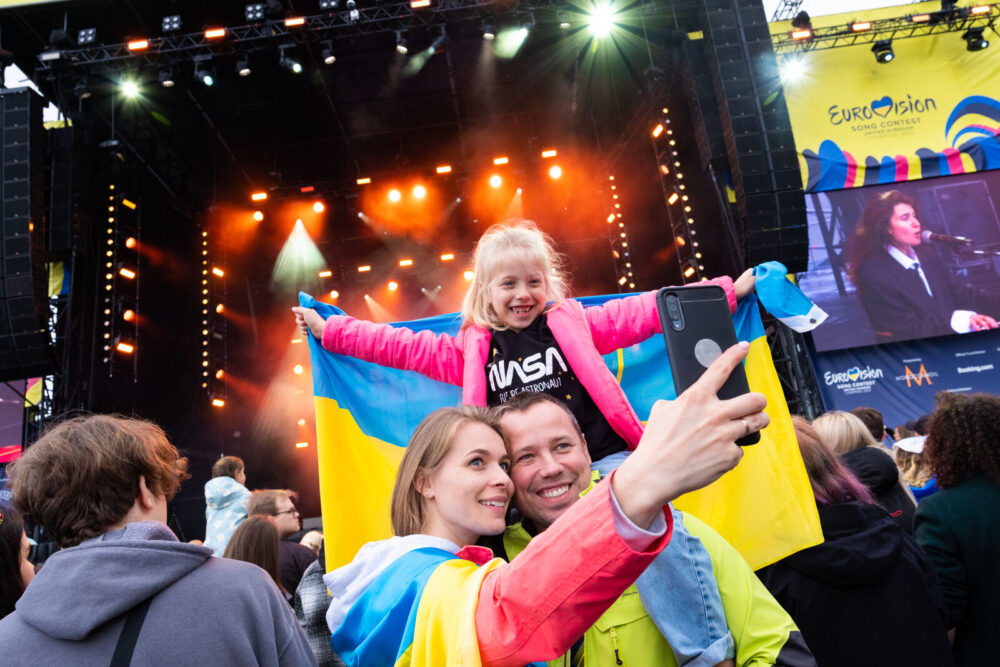

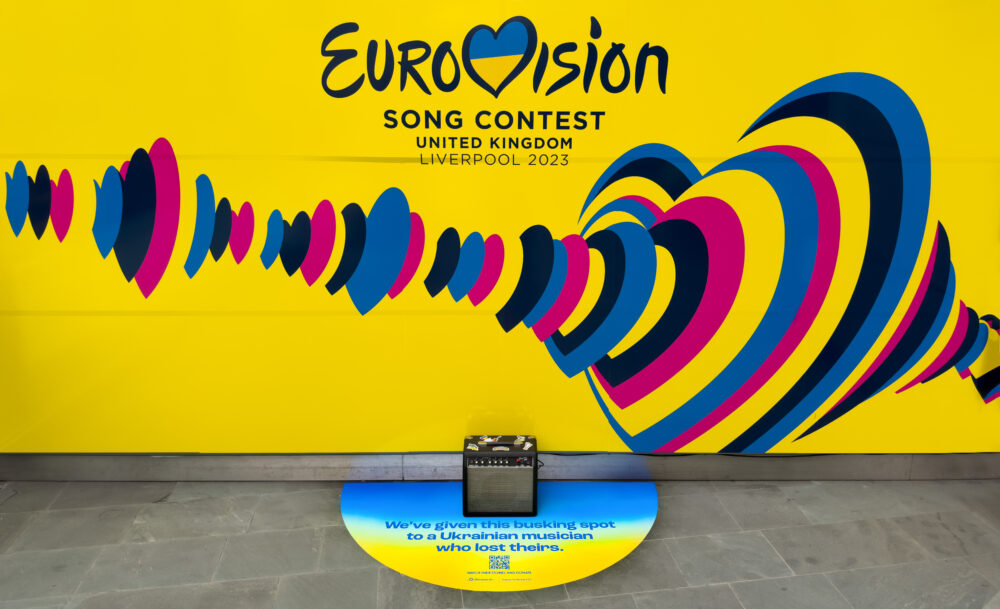
 Subscribe
Subscribe Follow Us
Follow Us Follow Us
Follow Us Follow Us
Follow Us Follow Us
Follow Us Follow Us
Follow Us











